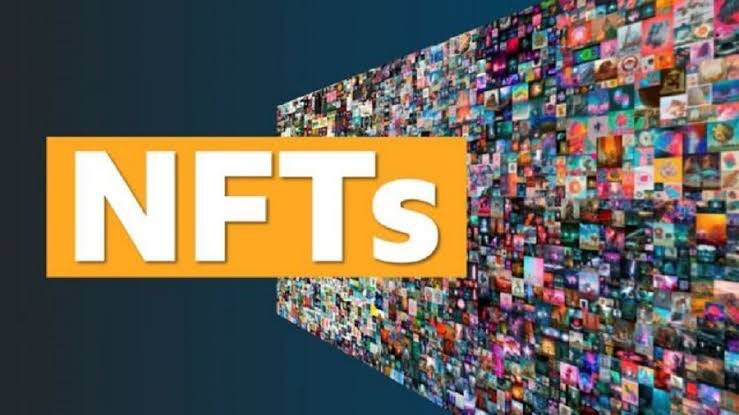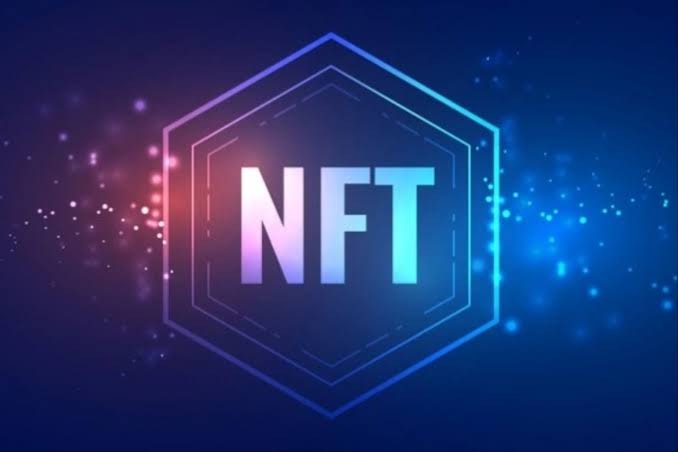Commercial rights to NFTs: What do you own when you buy an NFT?
29/04/2022
When you buy a Non-Fungible Token (NFT), what do you own? Do you own the digital asset itself, or do you just have the right to use it according to the rules set by the original issuer?
In many cases, it’s not clear. For example, if you buy virtual land in a game, do you own the land, or does the game developer still control it? Can you sell it, or are there restrictions? What happens if the game is shut down – do you lose your land?
These are all important questions that need to be answered for anyone who buys NFTs. In this post, we’ll provide some guidance for NFT creators and buyers.
What are commercial rights?

Commercial rights are the legal rights that allow a person or organization to sell, rent, or license an object or intangible asset. They are necessary for many NFTs as they allow owners to make money from their digital tokens.
With NFTs, there can be special economic incentives for owning and trading them on exchanges. The keys to these incentives include liquid markets and commercial rights which help drive up demand for NFTs and increase their value.
Commercial rights give ownership over property, allowing people to decide how it should be used. In the case of NFTs, this could mean putting restrictions on who has access to specific digital tokens based on things like reputation scores and other governance systems.
For example, if a person or organization owns an NFT that represents a piece of digital artwork, they may set rules that allow only people with higher reputation scores to take part in auctions for the token. This lets the artist control how the art is used and who has access to it.
Why are commercial rights important for NFTs?
Commercial rights are important for NFTs because they help determine how the asset can be used and what restrictions may be placed on its use.
One of the key benefits of NFTs is that they can be used to represent a wide variety of digital assets, including artwork, video games, and even digital collectibles. However, without commercial rights in place, it can be difficult to know how an NFT can be used or sold.
Commercial rights also help protect the creators of NFTs from having their work misused or appropriated without permission. By clearly establishing who owns the commercial rights to an NFT, creators can help to ensure that their work is only used in ways that they’ve approved.
Overall, commercial rights are important for NFTs because they help to ensure that digital assets are used in a way that is fair to both creators and users. Clearly establishing the rules around how an NFT can be used ensures that everyone involved in the ecosystem understands their roles and responsibilities.
NFTs and property ownership

The great majority of art and collectible NFT projects grant clients a limited, non-commercial license to view or reproduce content for personal use only. In truth, many projects do not grant any specific usage rights.
For some projects, the NFT is only half the story, as it serves to unlock additional perks such as access to secret community message groups, in-person events, utility or governance tokens, airdrops, and early access to other projects.
Intellectual property rights were not a big concern for collectors, nor did they define the value of a project, until blockchain technology enabled artists and creators to imitate property ownership through fake scarcity and provenance.
Licenses and copyright
Buying and selling NFTs on the open market is no different from trading equities. A vendor advertises a price on a marketplace, and a buyer approves the purchase by connecting their wallet. Terms and conditions may be inserted in metadata or referenced from the NFT description in more sophisticated projects.
It’s uncertain how enforceable these NFT contracts are. After all, NFTs have only been around for a short time, so there haven’t been very many intellectual property cases involving NFTs.
Prospective buyers will need to carefully consider their rights if they plan to commercialize their NFTs. If they plan to use images of their NFTs in promotional ways on their website or with merchandise, for example, it’s crucial that they have the legal license to do so.
When you buy an NFT, what do you own?
Three parties are involved in the minting and trading of NFT rights: the creator of the original piece, the creator of the NFT, and the buyer of NFT.
In the case of a painting, for example, the original artist creates it, the NFT maker casts it as an NFT on OpenSea and sells it, and the NFT buyer acquires it.
When the creator of the original work and the minter of the NFT are the same person, the assignment of rights is agreed upon in reasonable terms and documented in a smart contract on the platform, specifying what rights the buyer can expect from the artist.
Frequently, the contract only applies to the minted NFT work and not to the original work. The buyer receives sole ownership of the NFT as well as the right to store, sell, and dispose of it. They do not, however, have intellectual property rights to the original work on which the NFT is based.
As a result, unless expressly stated otherwise in the contract, a buyer who purchases an NFT does not obtain any rights to the original work.
When the creator of the original work and the NFT minter are different people, it’s important that they enter into a contract that clearly spells out the rights of each party. Without such a contract, there is a risk of intellectual property infringement. If the minted NFT work is later withdrawn off the platform owing to infringement, the buyer’s NFT will have no value.
Wrapup
To sum it all up, buying an NFT does not give you ownership of the physical work, copyright, or any other work-related rights.
As NFTs are still a new area of intellectual property, the question of commercial rights can be a bit murky, so it’s essential to make sure you have a clear understanding of your rights as the creator or buyer of a particular NFT.
Chat with the expert NFT promoters and marketers at Mooning
Sure, all the examples of NFT promotions we listed are from global brands with endless coin to throw at their campaigns. But you really don’t need a crazy-high budget to see some seriously incredible outcomes – as long as you know the delicate intricacies of building a killer NFT marketing strategy!
If not, no worries – Mooning is here to take care of everything for you and make sure you see the most amazing ROI you’ve ever seen before. Our team has the knowledge and experience to promote your NFTs in order to deliver maximum awareness and interest, driving the sales prices up sky-high and beyond.
We provide a full suite of expert NFT marketing services and go above and beyond for every one of our clients to ensure only the best results. Our team will help with everything from minting, listing and selling, NFT creator sourcing, community management and campaign conceptualisation.
So get in touch with us now on 1300 818 435 or message us online.





